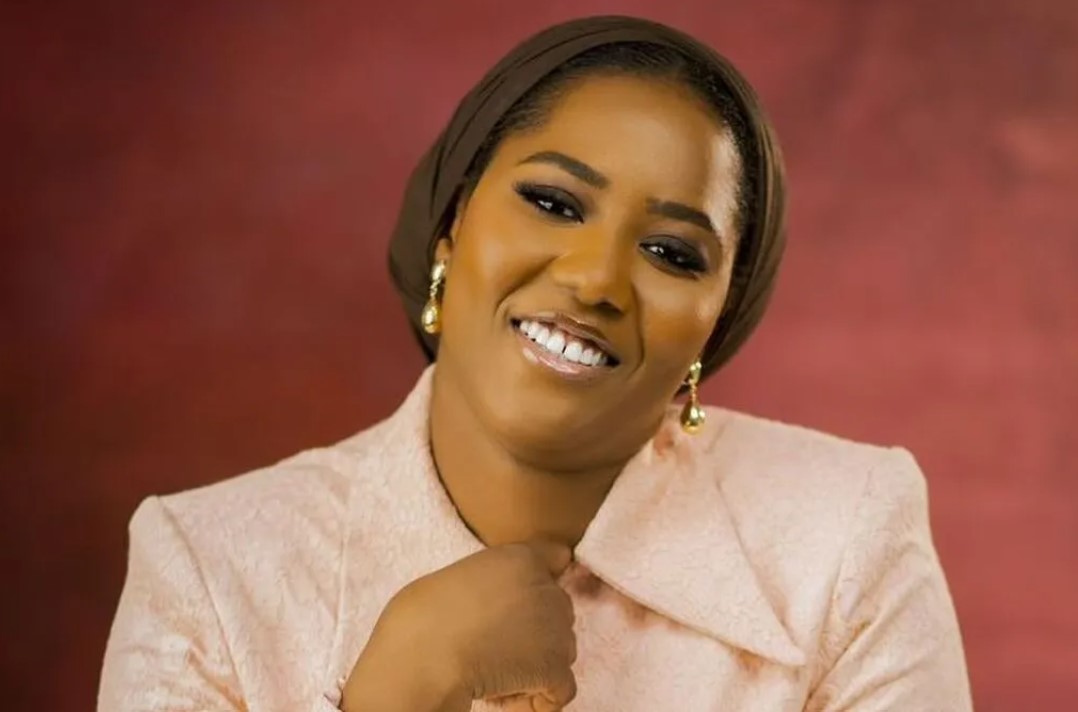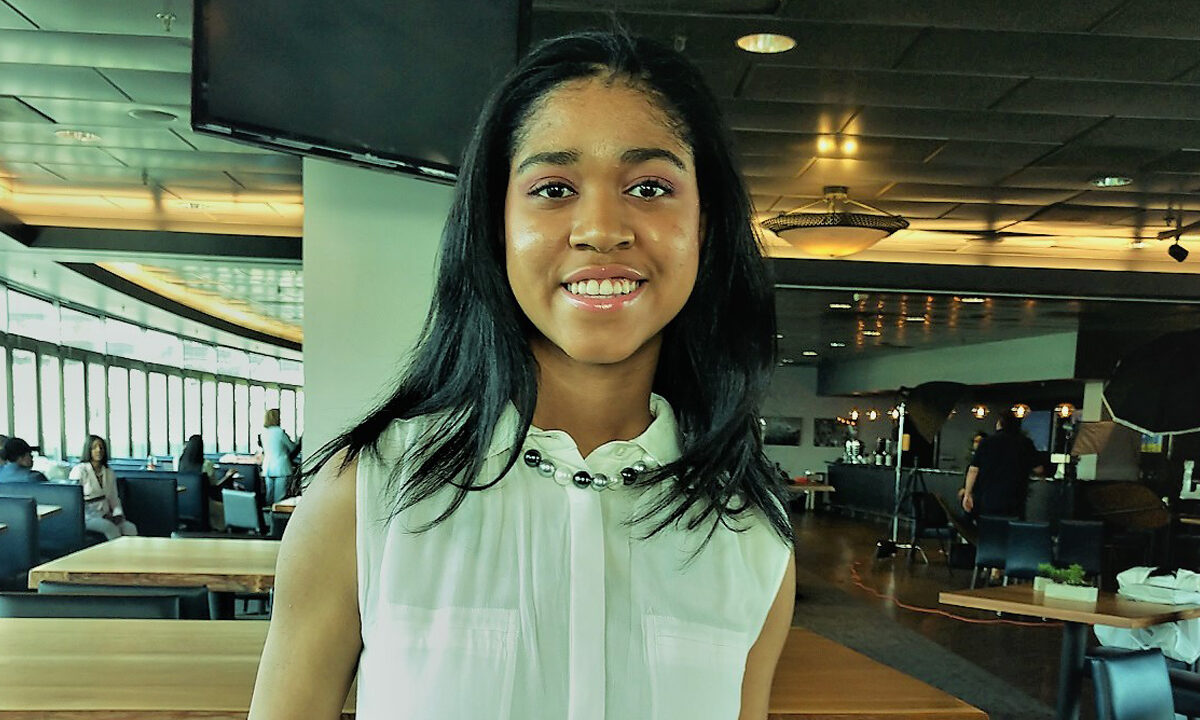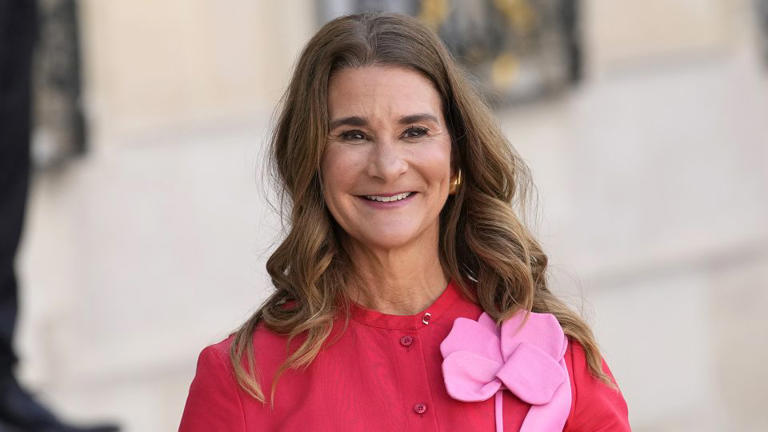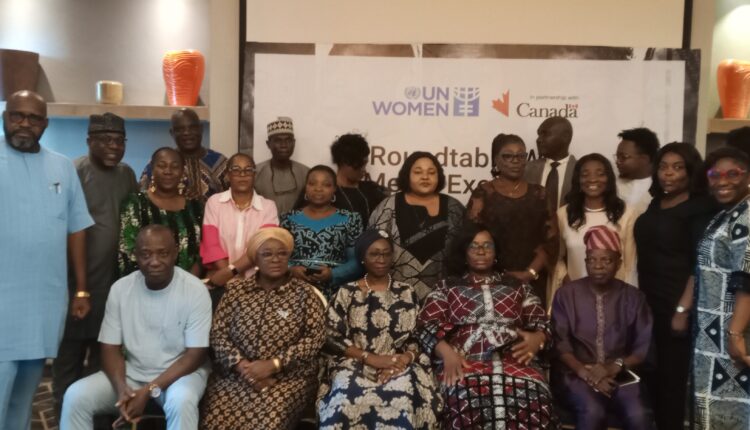
UN Women Urges Nigerian Media To Champion Gender Equality Campaign
- Gender
- No Comment
- 233
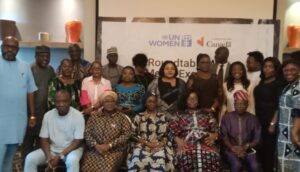
Beatrice Eyong, the UN Women Country Representative to Nigeria and ECOWAS, has called on the Nigerian media to lead campaigns on mindset change within communities where gender inequality is entrenched, women’s voice is subdued, and the rights and aspirations of young girls are violated with impunity.
She made the call while speaking at a roundtable with media executives during the signing of a compact of commitment to support gender equality and empowerment of women in Lagos.
She said that the roundtable presents an opportunity to examine and explore opportunities where media could make an impact in addressing challenges faced by women and girls.
She said that the purpose of the MoU and Compact of Commitment signed is to provide a framework of cooperation and collaboration.
“It will strengthen our partnership in escalating media advocacy to promote women’s economic empowerment; prevention of violence against women and girls; expanding access to service/resources/technologies; and increasing women’s representation and leadership along humanitarian, development, and peace nexus.
“We want to see the Nigerian media leading a campaign on mindset change within communities where gender inequality is entrenched, women’s voice is subdued, and the rights and aspirations of young girls are violated with impunity.
Eyong pointed out that UN Women invests in enhancing personal resilience and professional development of women to increase their contribution in leadership, economic growth, peace, security and in humanitarian nexus.
According to her, “UN Women believes that investing in women equals to investing in the architecture of the society. We do know that no nation can develop and prosper if women are excluded. Our support is guided by shared value, mutual respect and common vision of the Government and the people of Nigeria.
“If there is one thing we know, the media plays a key role in setting the agenda and shaping direction on issues of national and global interest. From the Arab Springs and Kenya’s Gen-Zs agitation which were heavily coordinated through social and digital media, to the Rwandan Genocide, where radio played a pivotal role in coordinating atrocities, media, whether social, digital, print of electronic is a double sword which can cut either way.
“Media is a tool that has been used over time in educating the society and accelerating behavioral change, which is a fundamental prerequisite for advancing gender equality and women’s empowerment.
Speaking further he said globally one in every ten women lives in extreme poverty, and projections indicate that 342.4 million women and girls will not have moved out of extreme poverty by 2030 unless we shift the current trends.
She noted that the percentages could be higher for countries like Nigeria where the gap between the few rich and a majority poor continues to widen.
Amina Oyagbola, Founder and Chairperson of WISCAR while speaking said that the role of media in advancing gender equality and women’s empowerment is pivotal, as it serves as a powerful tool for shaping perceptions, influencing public discourse, and challenging societal norms.
She pointed out key areas in which the media can contributes to the goals as include; raising awareness and shaping narratives; challenging stereotypes; amplifying women’s voices; advocating for policy change; providing platforms for dialogue and debate; promoting positive representation among others
By leveraging these roles effectively, according to her, the media becomes a transformative force for gender equality, helping to dismantle systemic barriers and foster an environment where women can thrive alongside men.
The signatories include the Nigerian Guild of Editors, the Guild of Corporate Online Publishers, the National Broadcasting Commission, the Broadcasting Organisations of Nigeria, and several media organisations.



